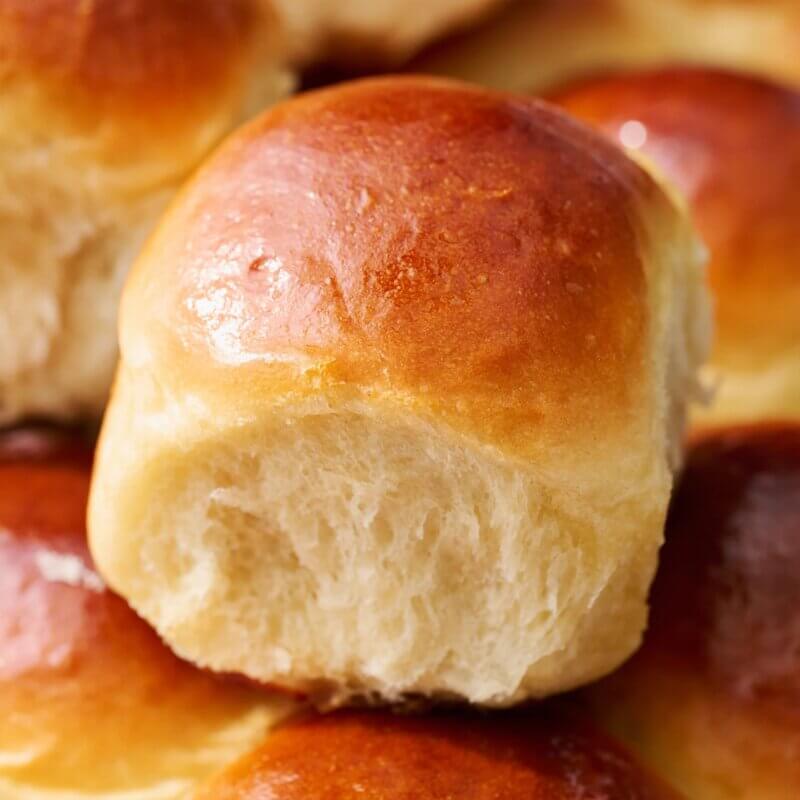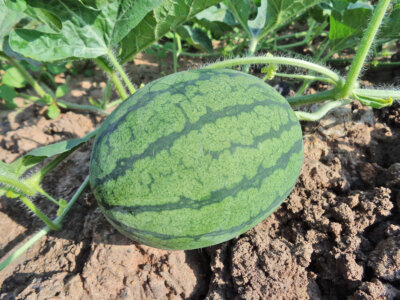No worries: Hawaiian rolls but no axe throwing at Monday Munch
When we think of Cape Cod, we often think “fish,” but during the early 20th century, as chicken became more accessible and affordable, cooks in the Northeast (and everywhere else) began pumping up chicken’s popularity. The addition of dried cranberries gives the Cape Cod chicken & pasta salad being served this Monday, July 29, at the senior center that special New England flavor. Add some nuts and celery and you get Cape Cod crunch.
Emigrants carried the recipe for Portuguese sweet rolls across the oceans, and the Hawaiian roll is a version created by Madeiran and Azorean emigrants in Hawaii. Put “Hawaiian rolls” into a search at The New York Times, and you will find an article featuring Mo’s House of Axe in Los Angeles, which features axe throwing along with squishy sliders in Hawaiian rolls and baskets of ribs. We’re told that axe throwing took off as an organized sport just over a decade ago, and leagues have since popped up around the country.
Not to worry: The senior center has Hawaiian rolls on the menu but no axe-throwing.

The Hawaiian roll is a version created by Madeiran and Azorean emigrants in Hawaii.
I don’t know of an idiom featuring “as old as lettuce,” but there should be one. Originally cultivated by ancient Egyptians for the production of oil from its seeds, lettuce was considered a sacred plant of the reproduction god Min. It spread to the Greeks and Romans, with the latter giving it the name lactuca. Lettuce appeared often in medieval writing, with the three basic modern lettuces — head lettuce, loose-leaf and romaine (or cos) — sharing this old history.
Christoher Columbus brought lettuce to the Americas in the late 15th century, and since then, various writers have offered opinions. Hard-boiled detective novelist and screen writer Dashiell Hammett wrote, “Feed the lettuce to the bunny and eat the bunny.”
I have two strong literary lettuce memories from my teaching days. When I was teaching seventh and eighth graders in a new program funded by the New York State Department of Education to address the needs of children with serious reading difficulties, a state ed inspector came to learn why my students had performed so well on the state achievement test. She asked what commercial reading program I was using. I showed her Shel Silverstein’s extremely popular “Where the Sidewalk Ends.”
She wouldn’t accept this answer. I insisted it was all I had to offer, and that it was a big plenty. It was the book everybody read. For the rest of their reading, students chose individual titles. I used the curriculum budget to give each child a coupon every month, redeemable for a paperback of their choice at the local bookstore. In school, a group might choose something like “A Hero Ain’t Nothin’ But a Sandwich,” but Silverstein was the one thing they all read.
In a 1999 obituary, The New York Times wrote, “Shel Silverstein, whose goofy, gross and macabre yet always enchanting poetry for children sold more than 14 million books.” In August 2011, the New York Times was still writing editorials about him. “Shel Silverstein — art school dropout, Playboy magazine cartoonist, composer of Johnny Cash’s ‘Boy Named Sue,’ poet responsible for ‘Homework Machine’ and the line ‘I cannot go to school today,’ / Said little Peggy Ann McKay’ — may not be the first person most parents think of as an authority on education. But Silverstein knew what parents also know deep down: school is about far more than A B C’s and 1 2 3’s. It is also, crucially, about how children figure out who they are and where they fit into the world — or don’t.”
The befuddled N.Y. State inspector could not grasp this, and I guess I keep subscribing to The New York Times because they did.
I offer what Shel said about lettuce as my excuse for mentioning him. Get ready for a groaner: “What did the carrot say to the wheat? Lettuce rest, I’m feeling beet.”
Need I point out that a reader needs to know quite a bit about language to “get” this?
My other school lettuce memory comes from a school that grouped kids into high, middle and low reading groups. My 22 third graders were identified as the “low readers.” I carefully and methodically helped children learn to choose what books to read, a critical skill. Jennifer asked for help with a troubling sentence in “Tale of the Flopsy Bunnies” by Beatrix Potter:
It is said that the effect of eating too much lettuce is soporific.
Quite a word for anyone, never mind an 8-year-old.
I probably remember that soporific lettuce because, after 15+ years in the city system, teaching older students, not able to abide that labeling of young children, I left teaching for another career. As Shakespeare noted, “Tis in ourselves that we are thus or thus. Our bodies are our gardens, to the which our wills are gardeners: so that if we will plant nettles, or sow lettuce, set hyssop and weed up tine, supply it with one gender of herbs, or distract it with many, either to have it sterile with idleness, or manured with industry, why, the power and corrigible authority of this lies in our wills.”
Monday Munch
July 29, 11:30 a.m.-12:30 p.m.
Cape Cod chicken & pasta salad (chicken, pasta, cranberries, nuts, celery, mayo, greens), fruit skewers (grapes, melon, etc. on sticks), Hawaiian Rolls and blueberry bars.
Monday Munch
Aug. 5, 11:30 a.m.-12:30 p.m.
The menu will be announced on the website.
Related Stories
Popular Stories
If you enjoy The Charlotte News, please consider making a donation. Your gift will help us produce more stories like this. The majority of our budget comes from charitable contributions. Your gift helps sustain The Charlotte News, keeping it a free service for everyone in town. Thank you.
Andrew Zehner, Board Chair








